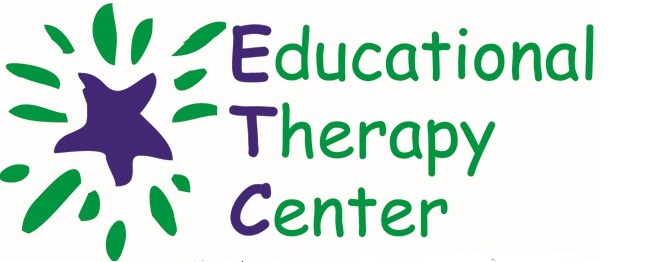TEXT-TO-SPEECH
 Text-to-speech (TTS) software is an assistive technology tool that can be used to help kids who have trouble reading. The Individuals with Disabilities Education Act (IDEA) says that eligible kids with learning and attention issues should be able to access the same learning materials as other students. Using software that turns written material into audio is a way to make that happen for kids with reading issues like dyslexia.
Text-to-speech (TTS) software is an assistive technology tool that can be used to help kids who have trouble reading. The Individuals with Disabilities Education Act (IDEA) says that eligible kids with learning and attention issues should be able to access the same learning materials as other students. Using software that turns written material into audio is a way to make that happen for kids with reading issues like dyslexia.
About Text-to-Speech Software
Text-to-speech technology allows kids to see text and hear it read aloud at the same time. As the text appears on the screen, it’s spoken. Some software uses a computer-generated voice. Others use a recorded human voice. There are different types of text-to-speech software.
- Screen readers:iPads and iPhones have text-to-speech features, as do many other smartphones. The software reads text files and even the names of programs or folders that your child points to on the screen. This is also helpful for kids who have issues with vision. Learn about how you can use built-in features to turn cell phones and laptops into assistive technology tools.
- Text readers:This software turns written text into speech. It can read certain types of files and web pages aloud. Text readers also highlight words as they’re read, so your child can follow along. This combination of seeing and hearing to learn is called multimodal reading.
- POET:This tool, created by the Benetech DIAGRAM Center, creates image descriptions for DAISY (Digital Accessible Information System) books. Once a user uploads and creates a description, it’s available for the next reader who downloads the DAISY file.
Using Text-to-Speech Technology
Text-to-speech tools can be used with different kinds of technology, from computers to mobile devices. It’s often used with optical character recognition (OCR). OCR is a technology that scans printed material into a computer or handheld unit and converts it to digital text. There are even portable OCR devices called reading pens that can scan and read back text.
Some devices, such as the iPad, feature apps that read digital books. Your child can choose whether to use the read-aloud function—and when. Other controls:
- Font size and color
- Brightness and contrast
- Type of voice (male, female or computerized)
- Rate of speech
Leap Frog books may be a good alternative if you don’t have access to an iPad or iPhone.
How Text-to-Speech Can Help Kids With Reading Issues
Print materials in the classroom—books, handouts and tests—can make learning harder for kids who have trouble reading. Using digital text with text-to-speech functionality can make the process easier. (Some websites have this feature, too.) Researchers have found that the combination of seeing and hearing text when reading:
- Improves word recognition
- Increases the ability to pay attention and remember information
- Allows kids to focus on comprehension instead of sounding out words
- Increases kids’ staying power for reading assignments
- Helps kids recognize and fix errors in their own writing
Talking to Your Child’s School About Text-to-Speech
It’s a good idea to start the conversation with your child’s teacher if you think your child would benefit from text-to-speech software. If your child has anIndividualized Education Program (IEP) or 504 plan, ask the team to discuss the benefits of assistive technology. You can also find low- or no-cost audiobooks to try at home.
Key Takeaways
- Text-to-speech software provides a reading experience that combines seeing with hearing.
- Many e-readers and digital devices offer text-to-speech apps and options.
- Talk to the IEP team if you think your child could benefit from TTS as an assistive technology tool.
This article is on the NCLD Understood site:


